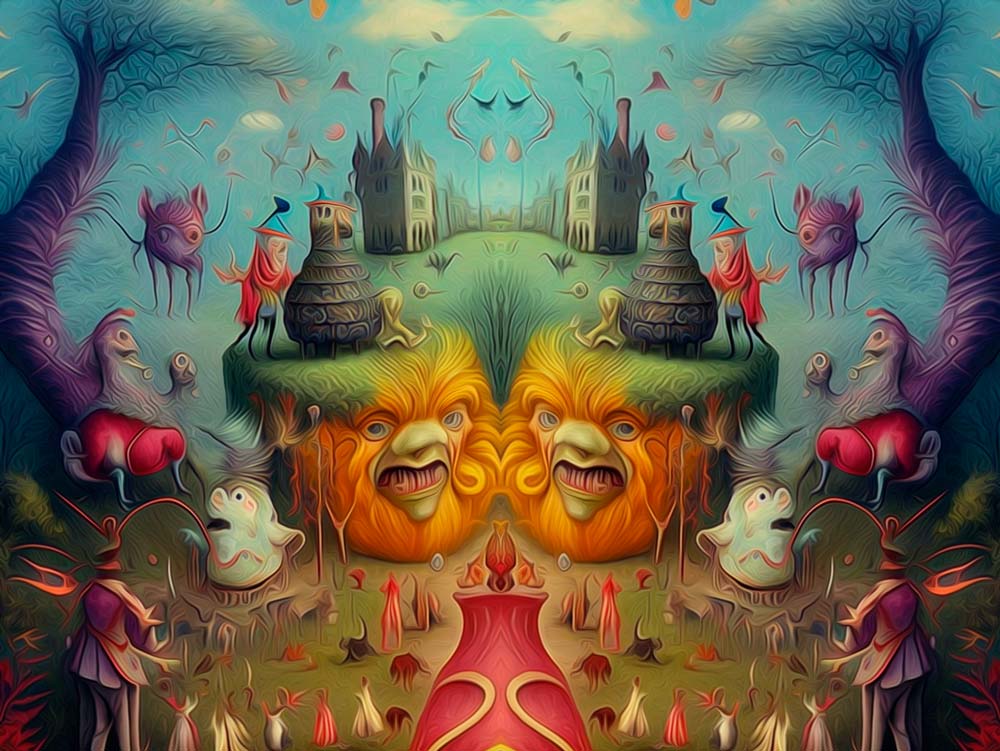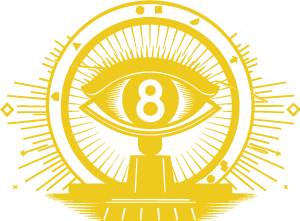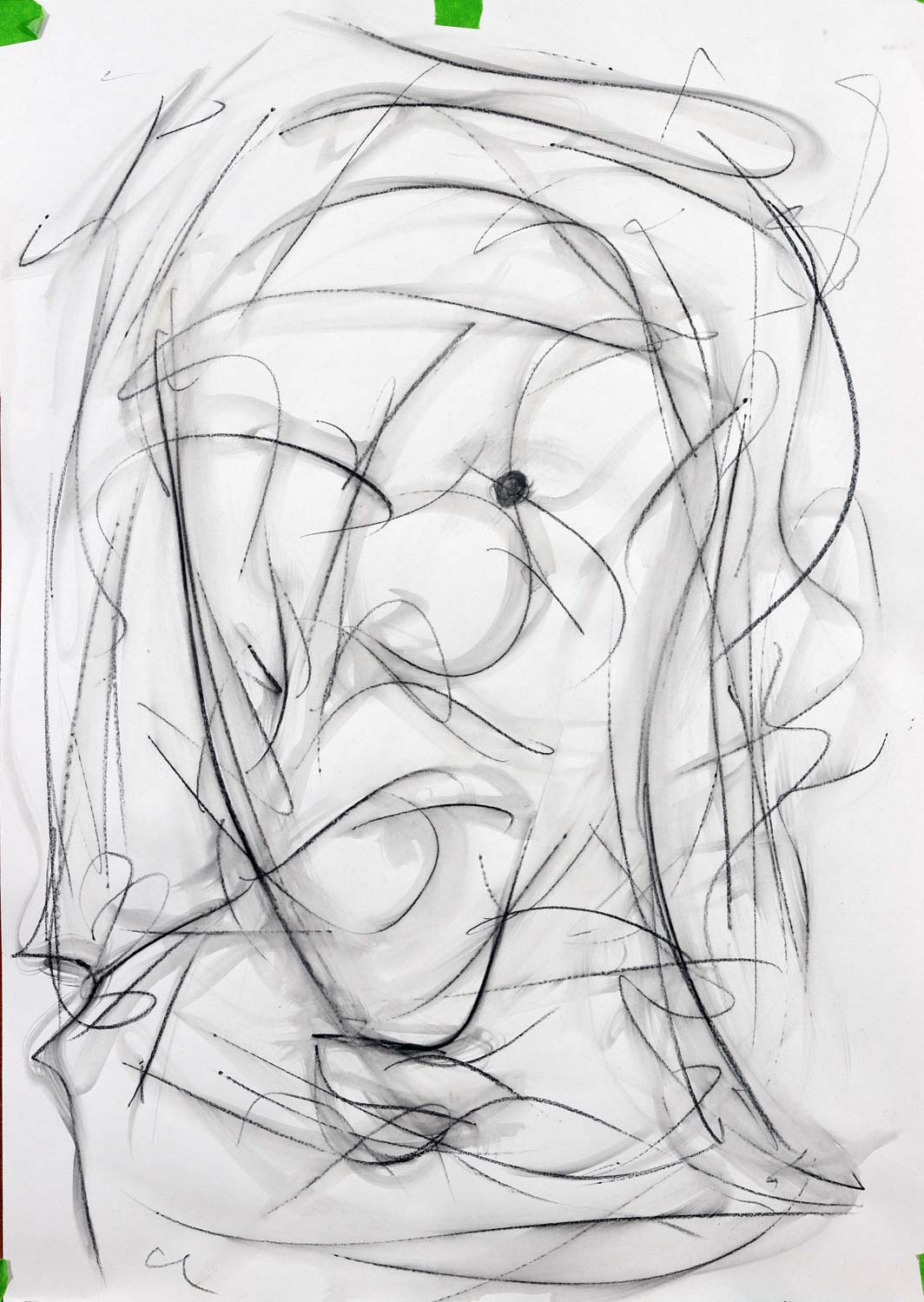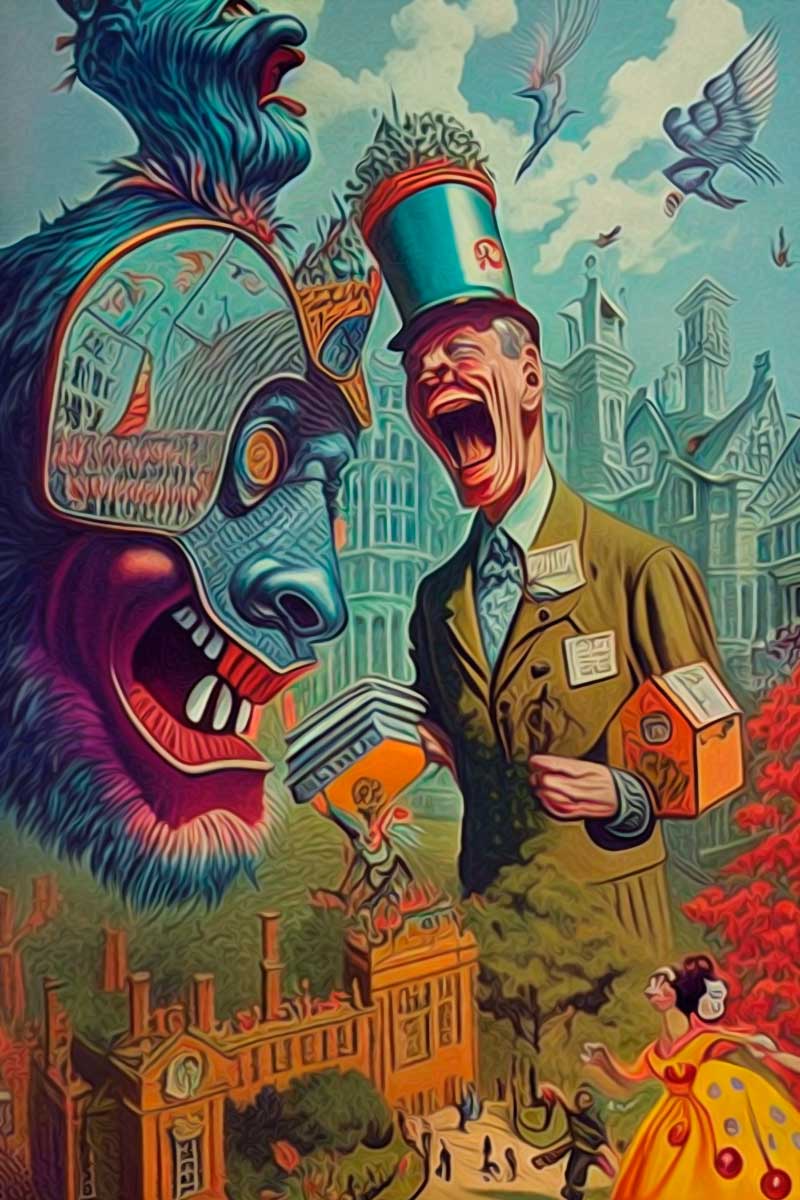
July 25
For years now, I’ve entertained a peculiar thought experiment1. What if our reality – this world we perceive as solid and ‘real’ – is actually an intricate simulation? It’s a concept that might sound like it belongs in a science fiction novel, but it’s one that has captured the imagination of philosophers, scientists, and dreamers alike.
Imagine, if you will, that each of us is an avatar in an impossibly complex game. Our thoughts, our actions, our very essence, might be a projection of some higher consciousness – a ‘player’ manipulating us from a realm beyond our comprehension. It’s a dizzying thought, isn’t it?
But here’s where it gets truly fascinating: what if we, as avatars, retain some semblance of free will? Perhaps we’re not entirely beholden to the whims of our ‘players’, but instead exist in a delicate balance between predetermined paths and our own choices.
This line of thinking inevitably leads to questions about the nature of our reality. Are our memories truly our own, or are they fabricated constructs implanted by the architects of this simulated world? The childhood I recall so vividly – climbing trees in Lancashire, the smell of my grandmother’s kitchen – could these all be synthetic creations designed to give depth to my avatar’s backstory?
It’s tempting to dismiss these ideas as mere flights of fancy. But as our understanding of technology advances, the line between reality and simulation becomes increasingly blurred. The development of artificial intelligence, virtual reality, and quantum computing2 pushes us closer to a world where the creation of convincingly real simulated environments is not just possible, but probable.
From a certain perspective, one could argue that nature itself is a kind of simulation. The universe, in all its vast complexity, could be seen as energy playing out elaborate patterns, condensing into the forms we perceive as matter. Our bodies, our world, even the stars above – all of it born from the same cosmic dust, coalescing into temporary shapes before dispersing once more.
This view aligns intriguingly with certain spiritual concepts. The idea of a universe imbued with intelligence, experiencing itself through countless individuated forms (like you and me), resonates with many mystical traditions. It’s a perspective that sees consciousness not as an accidental byproduct of blind natural processes, but as a fundamental aspect of reality itself.
Of course, this is all speculation. We may never know with certainty whether we’re living in a ‘base’ reality or an incredibly sophisticated simulation. But I believe there’s value in entertaining these ideas. They challenge us to question our assumptions, to look at the world with fresh eyes, and to consider the profound mystery of our existence.
As I go about my days – creating art, exploring the depths of my psyche, unraveling the mysteries that seem to be woven into the fabric of my life – I often return to this notion. Am I Jack Myntan, artist and seeker? Or am I an avatar, playing out a role in some grand cosmic game? And if the latter is true, what is the purpose of this game? What am I meant to discover or achieve?
These questions may seem abstract, even frivolous to some. But I’ve found that embracing this perspective – of life as a kind of elaborate simulation or game – can be surprisingly liberating. It encourages a sense of playfulness, of curiosity about the ‘rules’ of our reality. It invites us to look for patterns, to seek meaning in the seemingly random events of our lives.
Most importantly, it reminds us that there may be more to our existence than meets the eye. That behind the veil of ordinary reality, there might lie depths of mystery and wonder beyond our wildest imaginings.
So the next time you find yourself questioning the nature of reality, remember: you might just be an avatar in the most fascinating game ever conceived. Play wisely, my friends.
-
A thought experiment is a hypothetical scenario used to explore the potential consequences of a principle or theory. It’s a tool often used in philosophy and science to test ideas that can’t be directly observed or experimented upon.
-
Quantum computing is an emerging technology that uses the principles of quantum mechanics to process information. Unlike classical computers which use bits (0 or 1), quantum computers use quantum bits or ‘qubits’ which can exist in multiple states simultaneously, potentially allowing for much faster computation of certain types of problems.





